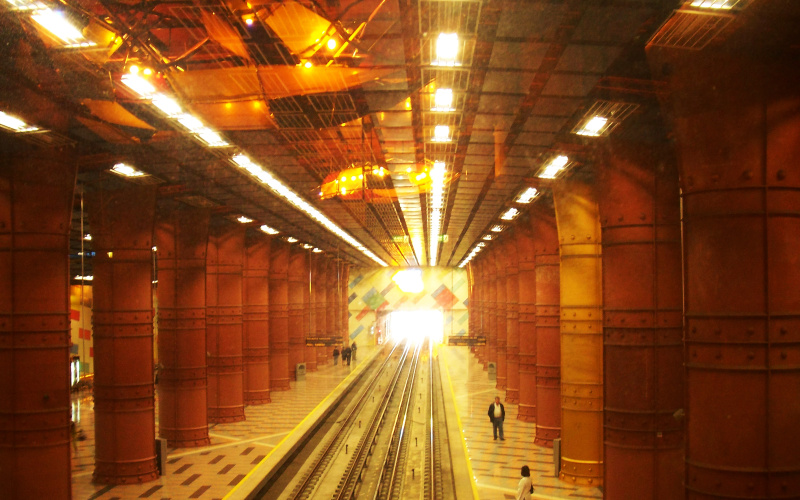Román Domínguez Jiménez: Jauja and Meek’s Cutoff
The Pan‐American Ways of Rethinking Gilbert Simondon’s Role of Aesthetics in the Configuration of Humanity
- Erstellungsdatum
- Dauer
- 24:12
Beschreibung
In his seminal book, »On The Mode of Existence of Technical Objects«, Simondon states that at the dawn of relationship between humanity and the world, there is a kind of Magical Unity, where knowledge and praxis are blended in a "reticulation of the world into privileged places and privileged moments" (Simondon 1959). Before any division between objects and subjects, there is a milieu made of landmarks and moments with power: summits, lowlands, rivers; eclipses, sunrises, seasons. Technicity begins with the detachment of an object from its milieu: the first object is already a technical one. On the opposite pole, the first subjectivity is a religious one. Hence for Simondon, Aesthetics arises as a thinking‐phase that desires to recover the lost unity by creating a bond between technicity and religion.
In another text, Simondon thinks that Film challenges humanity by a “new way of consciousness and knowledge, of awareness and representation. … Film is a certain regime of the relationship of mankind to itself ” (Simondon 2013). It’s hard to believe today that Film constitutes alone a new regime of representation for humanity. But even if we think today’s world as a hasty network of digital stimuli, of which Film is only a particular portion, we’d like to suggest that, thanks to its technical configuration, Film constitutes, still today, a privileged way to create new bonds for humanity. By means of analysing two films: »Jauja«, from Argentinian director Lisandro Alonso, and »Meek’s Cutoff«, from American directress Kelly Reichardt, we’d propose that we have to rethink the bond between humanity and territory, between the individual and the desert. In this sense, both films could be regarded as a way of thinking and perceive the challenge of humanity by means of a »Pan-American experience of loneliness«.
